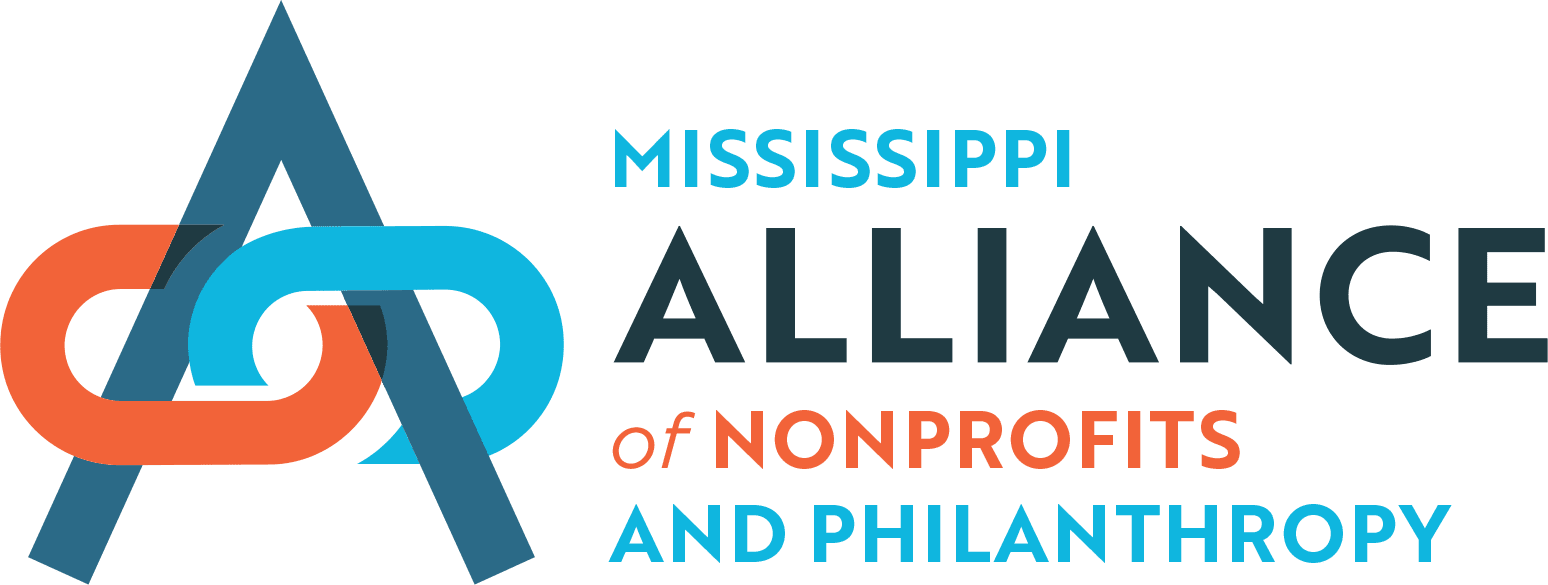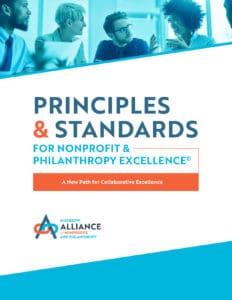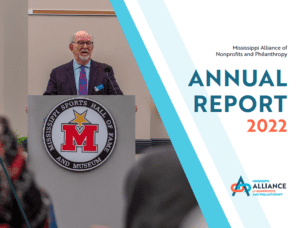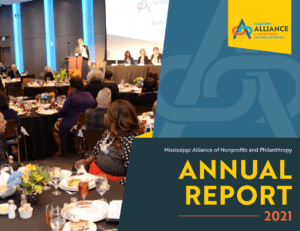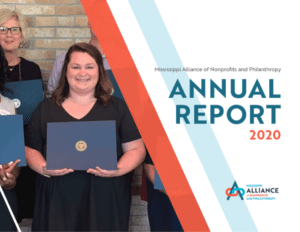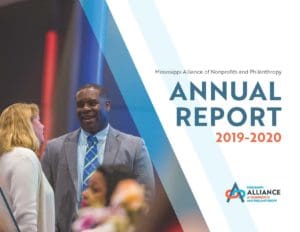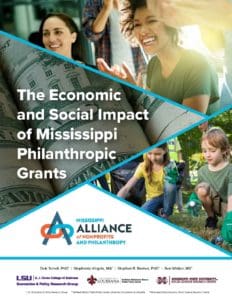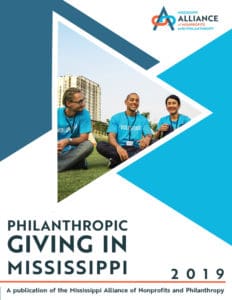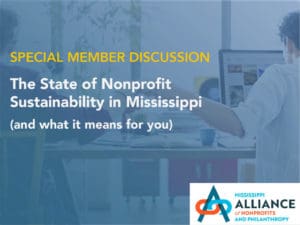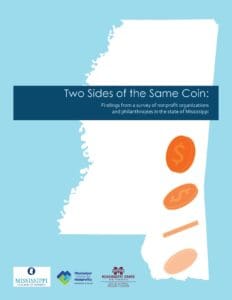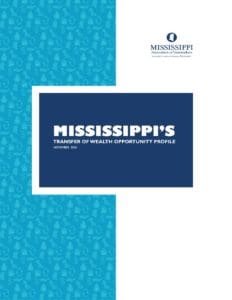Publications
Principles and Standards for Nonprofit and Philanthropy Excellence
The Principles and Standards for Nonprofit and Philanthropy Excellence are based on the fundamental values of quality, responsibility and accountability. The 12 accountability principles distinguish the nonprofit and philanthropic sectors from government and the business sector. The management practices provide specific guidelines for individual organizations to evaluate and improve their operations, governance, human resources, advocacy, financial management and fundraising.
Principles and Standards for Nonprofit and Philanthropy Excellence are meant to educate nonprofit and philanthropic leaders, board members, managers, volunteers and staff about the fundamental roles and responsibilities of nonprofit and philanthropic organizations. The Alliance expects that the Principles and Standards will be useful to virtually every nonprofit and philanthropic organization as they form a set of reference tools that can be adapted to meet particular needs and circumstances.
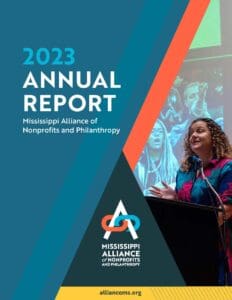
MS Alliance Annual Report 2023
This year marked a significant transition for our organization as we bid farewell to our founding
Executive Director, Sammy Moon, who retired after years of dedicated service. While the shoes
left behind are undoubtedly big, we are thrilled to be in the capable hands of our new Executive
Director, Ellen Collins, whose leadership has already begun to shine. In this year of change, we
are proud to share the many accomplishments we have achieved together under her guidance.
MS Alliance Annual Report 2022
Reflecting back on the last few years, I am amazed but not surprised at how much we have accomplished as an organization. We have so many people coming together to support the work of the Alliance: our dedicated staff, our committed board members, our engaged nonprofit and philanthropic members, and our state and national philanthropic, public, and private supporters. When we all work together, we can truly accomplish great things.
MS Alliance Annual Report 2021
The significant work we are doing with nonprofits and philanthropic organizations across the state to foster collaboration and expand capacity is vital as nonprofits continue to grapple with the effects of the COVID-19 pandemic and current economic uncertainties that lead to an increased need for services.
MS Alliance Annual Report 2020
The Annual Report for 2019 was focused on creating and launching the Mississippi Alliance of Nonprofits and Philanthropy. Now, reflecting on 2020, despite the pandemic and societal challenges we have all faced, our second year has proven to be one of significant growth for the Alliance. A growing team of staff and consultants has expanded our programs, adapted to virtual delivery on all fronts, upgraded communications and services, and met the demands of an unprecedented time in our culture.
MS Alliance Annual Report 2019
We have always known the work of nonprofits and philanthropy is connected. These two types of organizations have relied upon one another for decades to provide a wide range of services aimed at benefiting society, but when we began having intentional conversations with our members, stakeholders, and partners, we realized something profound: nonprofits and philanthropy are actually two sides of the same coin.
That realization set us on a path of exploration and learning with and from nonprofit and philanthropic associations in other states to understand how we could best create an organization that effectively supported both the common and specific needs of nonprofits and philanthropy in Mississippi.
The Economic and Social Impact of MS Philanthropic Grants
This study examines the economic and social impact of philanthropic grants in Mississippi on the wider society and economy of Mississippi. In 2016, Mississippi philanthropic organizations made over $60.2 million in grants, $48.5 million directly targeting activities in Mississippi. National organizations contributed another $58.1 to benefit Mississippi groups, leading to a total of $106.6 million of grants given to Mississippi recipients. Given this lofty amount, one key question is what economic and social benefits are generated by these grants?
Philanthropic Giving in Mississippi
We are proud to announce the release of our 2019 philanthropy report, Philanthropic Giving in Mississippi, which is the second of a series of data-driven students of philanthropy and nonprofits in the state. Although this report focuses on philanthropy in the state, the information contained in the report will be of great benefit to nonprofits as they seek to build stronger relationships with grantmakers
The State of Nonprofit Sustainability in Mississippi
You may have heard that the Mississippi Alliance of Nonprofits and Philanthropy worked with Network for Good to conduct a statewide survey to understand where our nonprofit leaders need help sustaining their mission, specifically through the lens of fundraising. View the initial survey results that we first shared at the July 12 Alliance Member Meeting. Haven’t completed the survey yourself? Your voice is still important to us. We want to hear from you. We’ll include your answers when we update the report later this year AND, if you answer this survey, you may be selected to participate in Network for Good’s JumpStart program, which we are bringing to Mississippi. In addition, your responses will inform the trainings we make available in your part of the state, so that we help you address your declared needs.
Two Sides of the Same Coin: Findings from a Survey of Nonprofit Organizations and Philanthropies in the State of Mississippi
In the fall of 2016, the Mississippi Association of Grantmakers and the Mississippi Center for Nonprofits (now The Alliance) commissioned Mississippi State University’s Social Science Research Center (SSRC) to conduct a survey of nonprofit organizations and philanthropies in the state of Mississippi. The aim of the research was to assess the perceived strengths and challenges facing these organizations and determine the relationships between nonprofits and philanthropies within the state. This report outlines the findings from this research and offers proposed next steps.
Mississippi’s Transfer of Wealth Opportunity Profile
This Transfer of Wealth (TOW) Opportunity Profile draws on research unique to Mississippi to help stakeholders better understand specific opportunities for increasing philanthropy in support of sustainable community betterment. This profile provides insights for communities or regions that do not have the resources to invest in a comprehensive TOW analysis.
